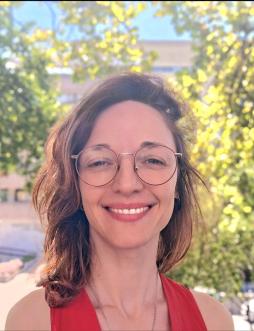Recently, a new branch of studies has taken the lead in addressing issues surrounding madness, bringing new enunciative possibilities. Known as Mad Studies – still without a translation into Portuguese – it aims to provide a new opportunity to understand the history of madness from its own definitions. Empirically, it involves creating a space for the voice and action of the mad subject, their "sympathizers," family members, and scholars from the mad perspective, emphatically opposed to the understanding that madness is measured by the lack of reason. In its development, Mad Studies seek a territory for studies on madness and psychic suffering alongside "Critical Disability Studies, Queer Studies, Critical Race Studies, and Trans Studies" (International Mad Studies Journal Community). This communication will question the possible contributions of the Portuguese territory to this emerging field of research, with special emphasis on art collections in psychiatric hospitals – both neglected and musealized. Opening space for the debate on unstable and difficult archives, it will start with the questions: Is it possible to think of Mad Archives? How do psychiatric archives, especially their art archives, contribute to the formation of a new territory of perception of madness?
Biography:
Fellow researcher at the Post-Doc Programme in Integral Human Development and collaborating researcher at the Museum Studies (IHA-NOVA) and at the Arquivos Marginais (UDESC-Brasil). She holds a PhD in History of Art (FCSH-NOVA), a Master in Anthropology (FFLCH-USP) and a degree in Social Science (FESPSP). Her work has contributed to expanding the debate on art and mental health in Portugal and raised questions in psychiatric institutions about the need to preserve the cultural assets. In the last years, she has been working with psychiatric archives with a special focus on art collections, holding debates on difficult heritages and unstable archives, besides working on madness as a significant concept for the arts field.



